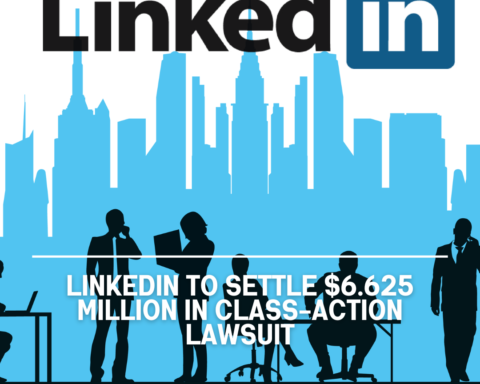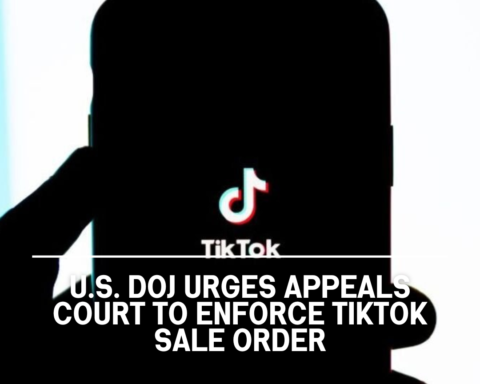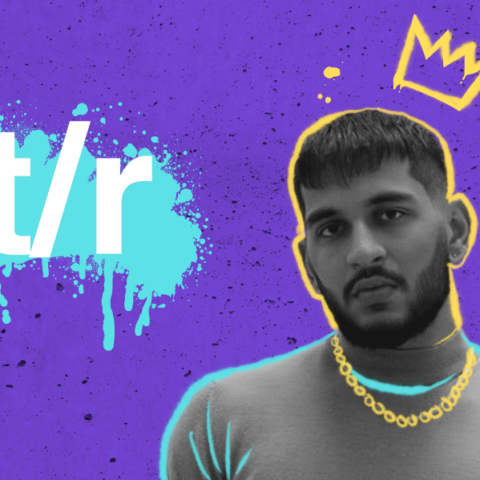OpenAI, a leading name in artificial intelligence, has unveiled its latest innovation: GPTBot, a web crawler designed to enhance the capabilities of future GPT models. This tool aims to amass data that could potentially refine model accuracy and broaden its functionalities, representing a significant milestone in AI-driven language model evolution.
Web crawlers, often termed as web spiders, are instrumental in indexing content scattered across the internet’s vast landscape. Major search engines like Google and Bing utilize these bots to furnish their search results with pertinent web pages.
However, OpenAI’s GPTBot is tailored for a unique mission. It seeks to collect public data, meticulously avoiding sources behind paywalls, those collecting personal data, or content that breaches OpenAI’s guidelines.
Website proprietors can restrict GPTBot from accessing their content by deploying a “disallow” command in a standard server file, ensuring they retain control over their content’s accessibility.
This announcement from OpenAI is hot on the heels of their trademark application for “GPT-5”, speculated to be the successor of the existing GPT-4 model. The application, submitted to the United States Patent and Trademark Office on July 18, covers the use of “GPT-5” for AI-driven human speech and text, audio-to-text transformation, voice recognition, and speech generation.
While the AI community buzzes with anticipation around GPT-5, OpenAI’s CEO, Sam Altman, urges restraint. He disclosed that the company is yet to commence GPT-5 training, emphasizing the need for thorough safety assessments before diving into the process.
However, OpenAI’s recent ventures have stirred the pot. Doubts have emerged regarding the company’s data gathering methods, especially concerning copyright and consent. Japan’s privacy watchdog flagged OpenAI for unauthorized data collection in June. Additionally, Italy briefly banned ChatGPT earlier this year, citing potential breaches of EU privacy regulations.
OpenAI and tech giant Microsoft are currently embroiled in a class-action lawsuit. A group of 16 plaintiffs alleges unauthorized access to private data from ChatGPT user interactions. Another lawsuit targets GitHub Copilot, accusing it of infringing developer rights by using their code without proper acknowledgment.
If proven accurate, these claims could see both OpenAI and Microsoft contravening the Computer Fraud and Abuse Act, a law pertinent to web-scraping cases.
As OpenAI forges ahead in its AI journey, it must adeptly steer through these challenges, ensuring its innovations remain both responsible and ethically sound in the ever-evolving AI domain.















